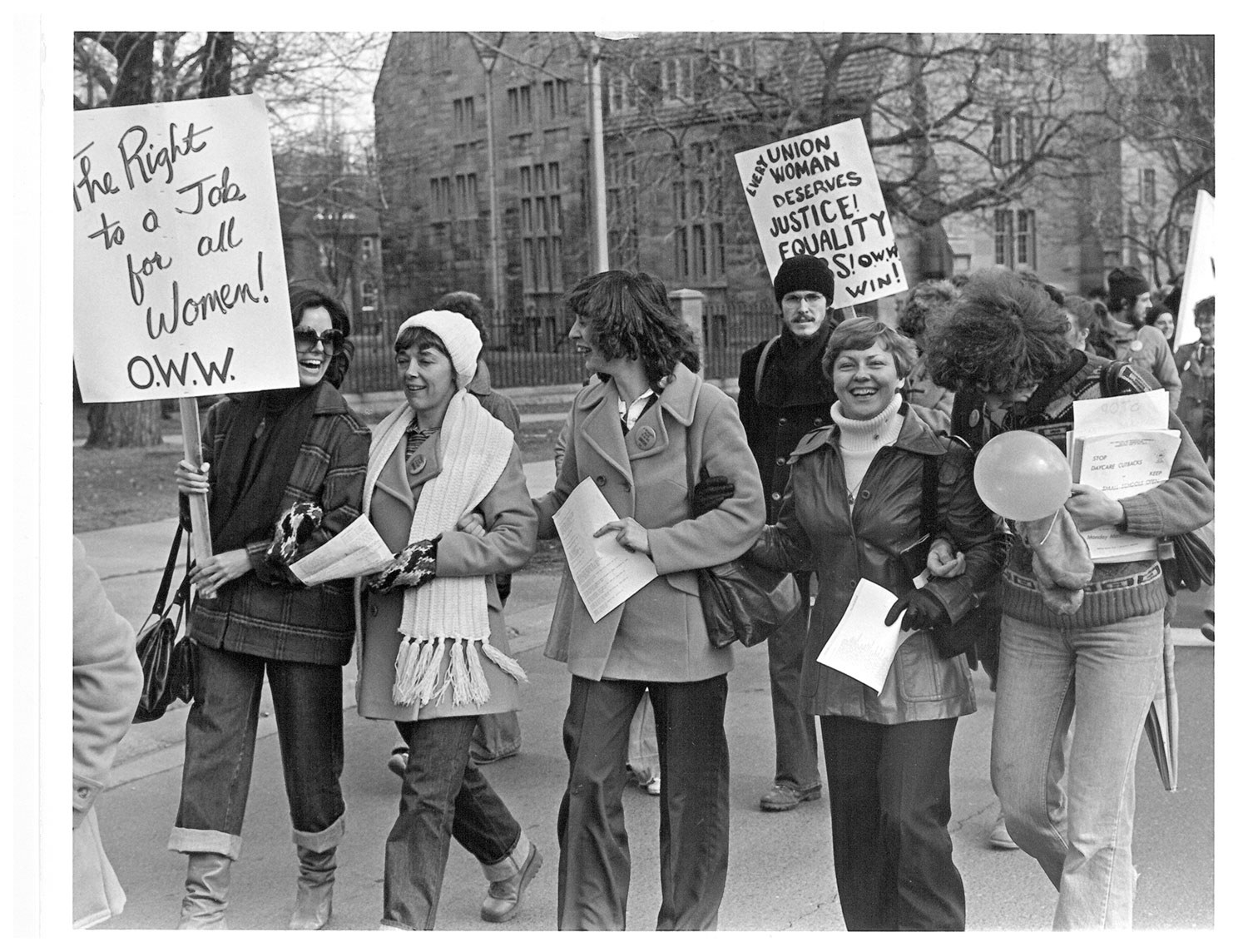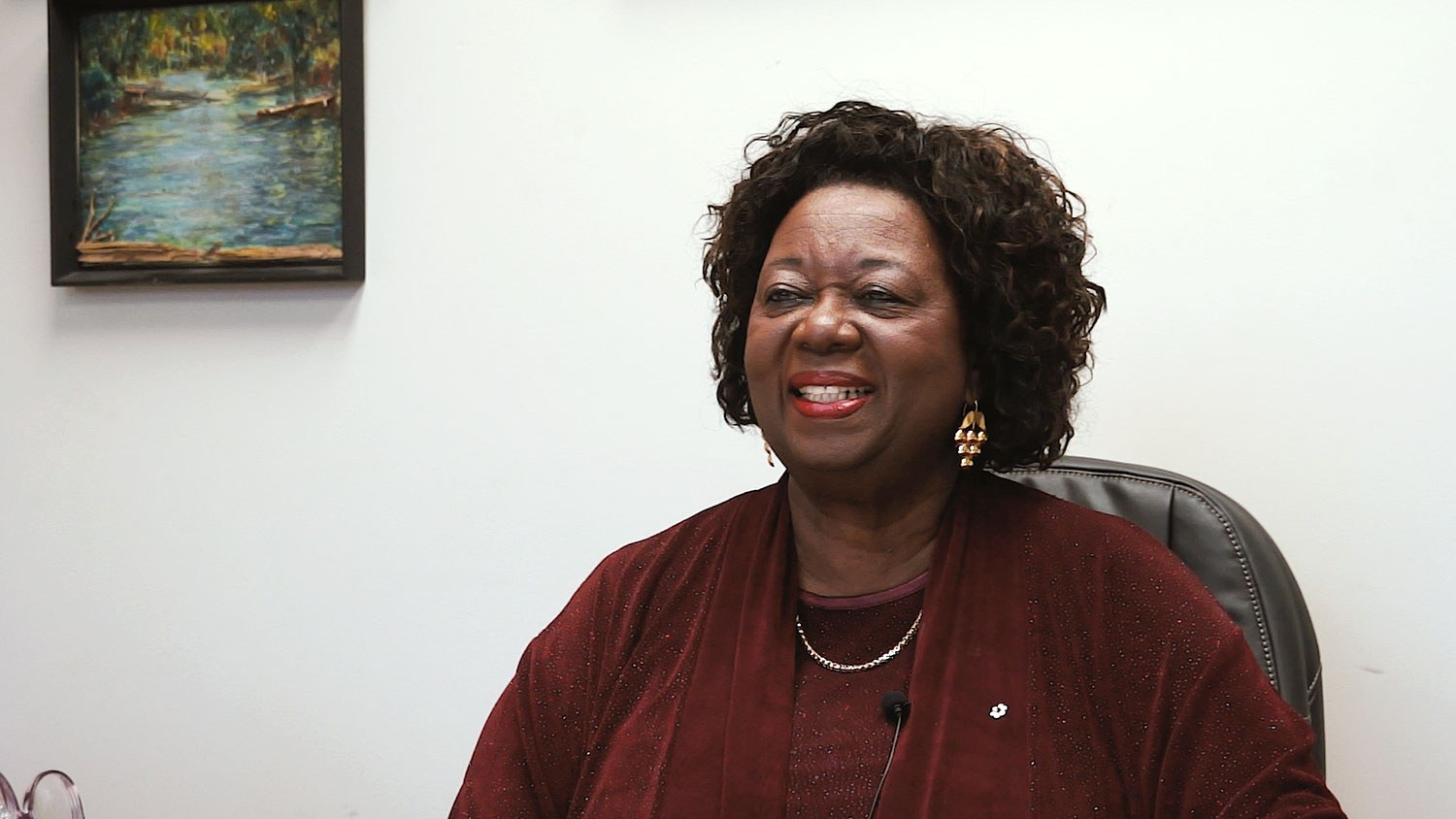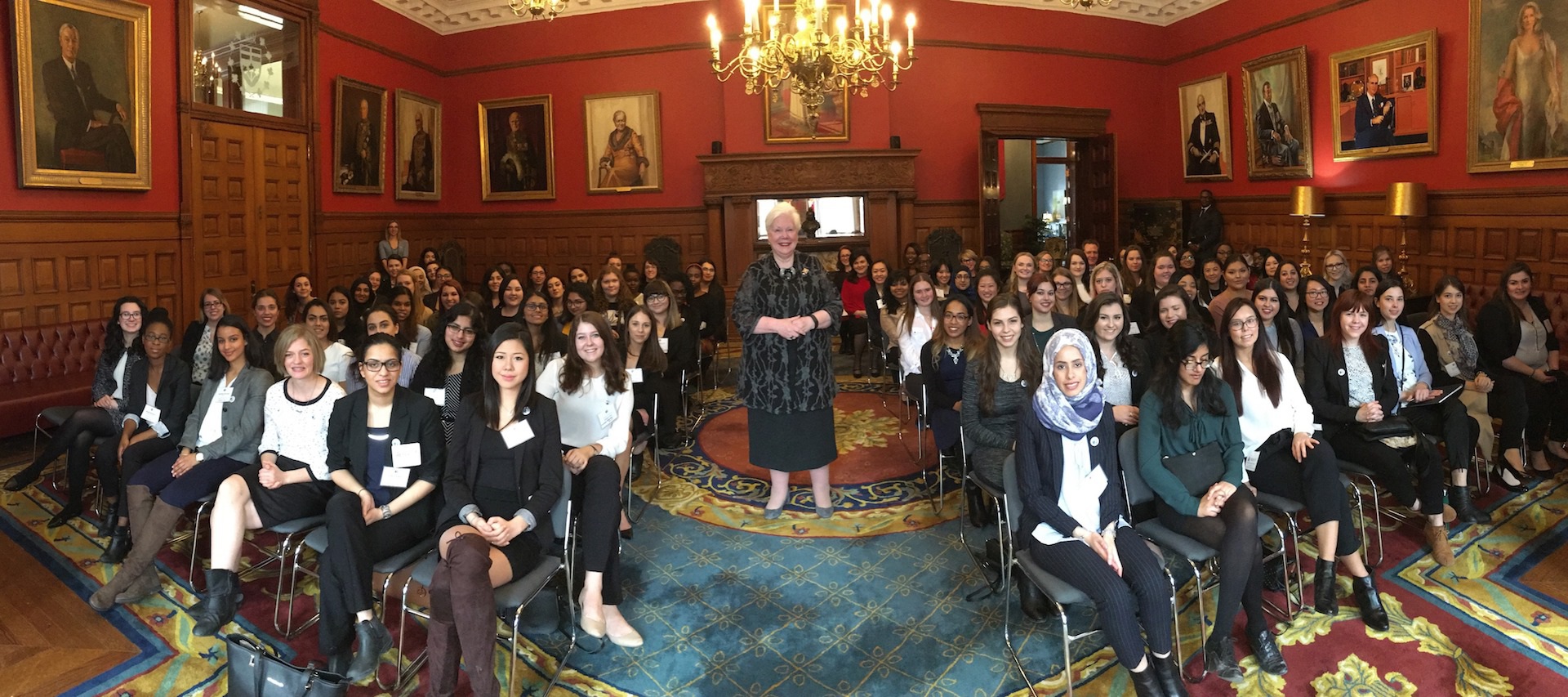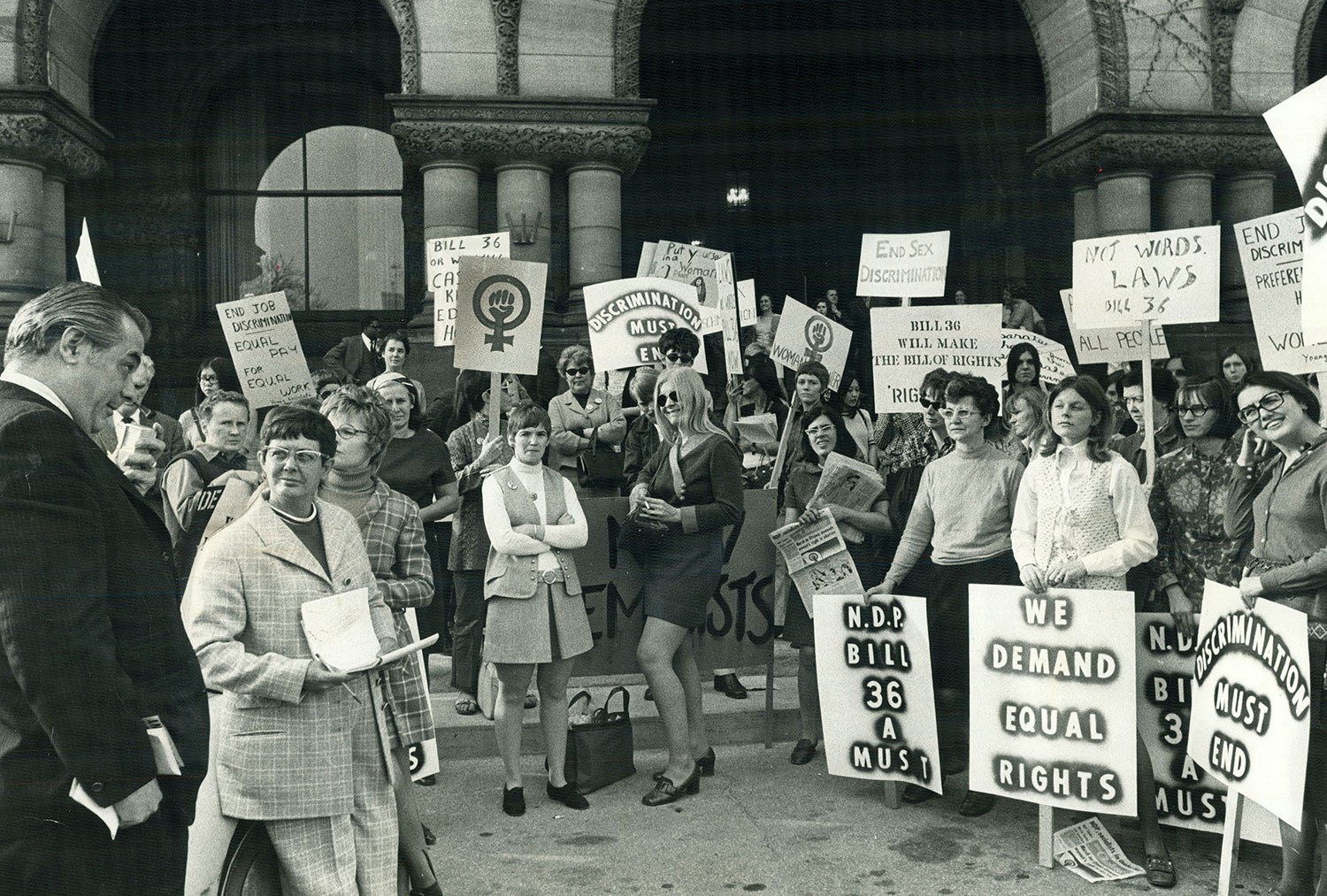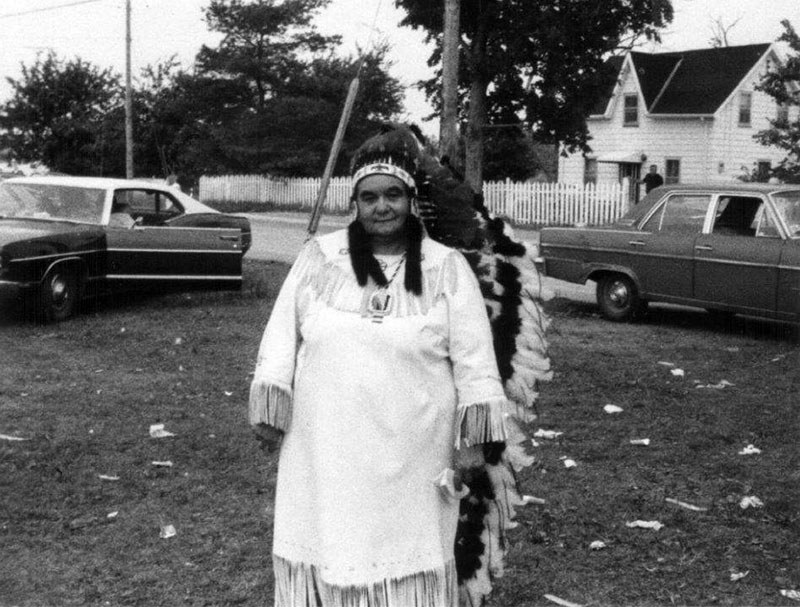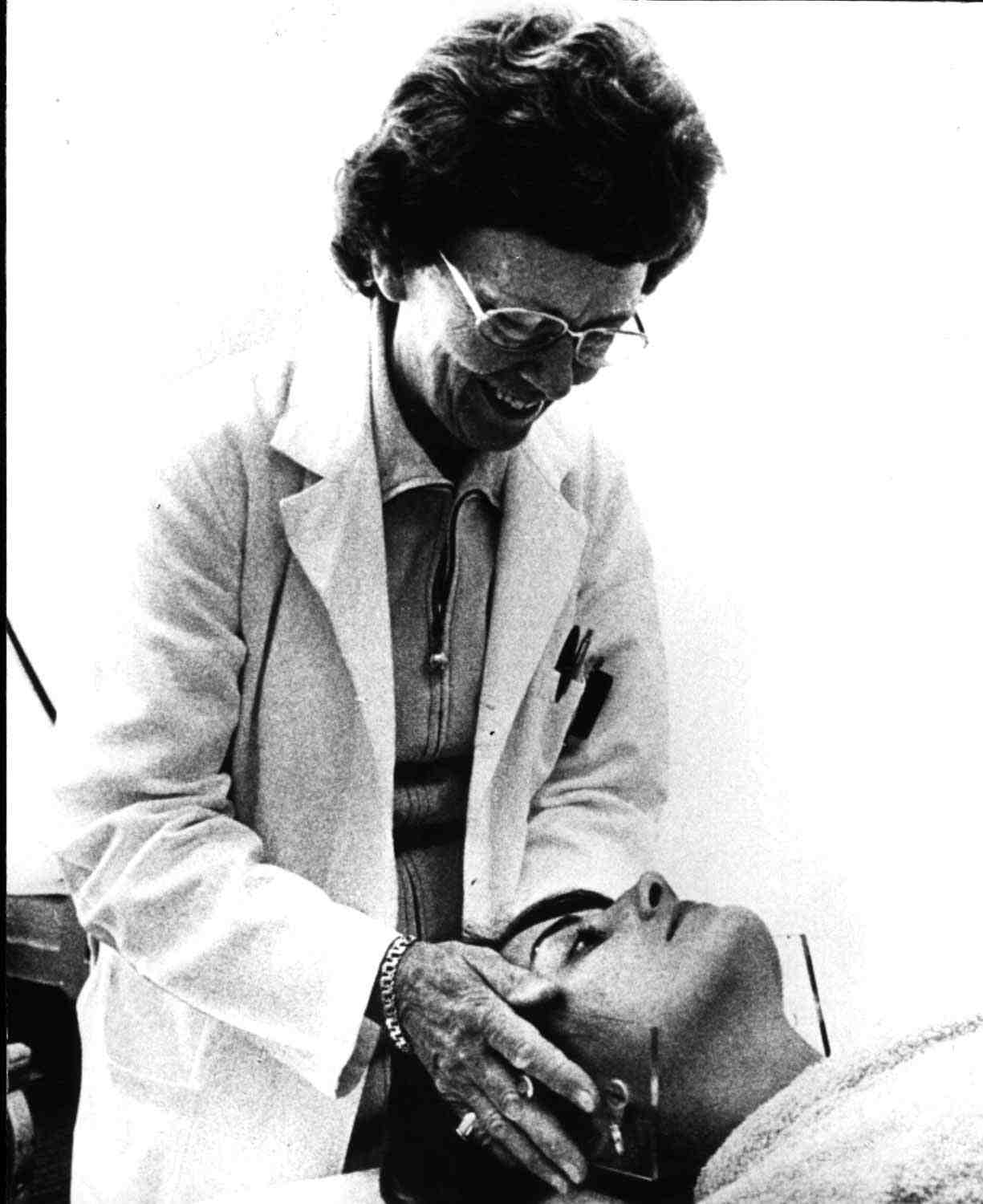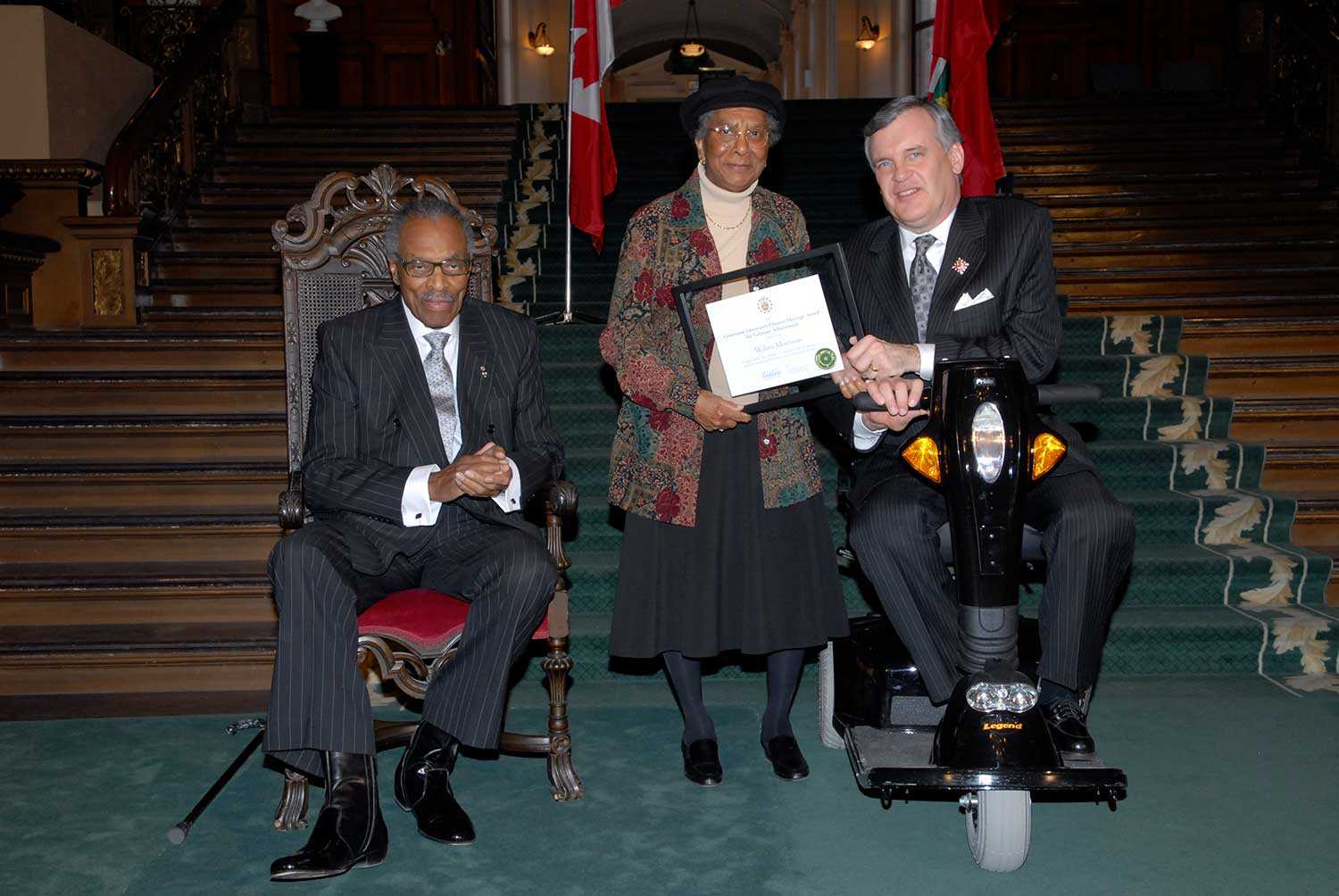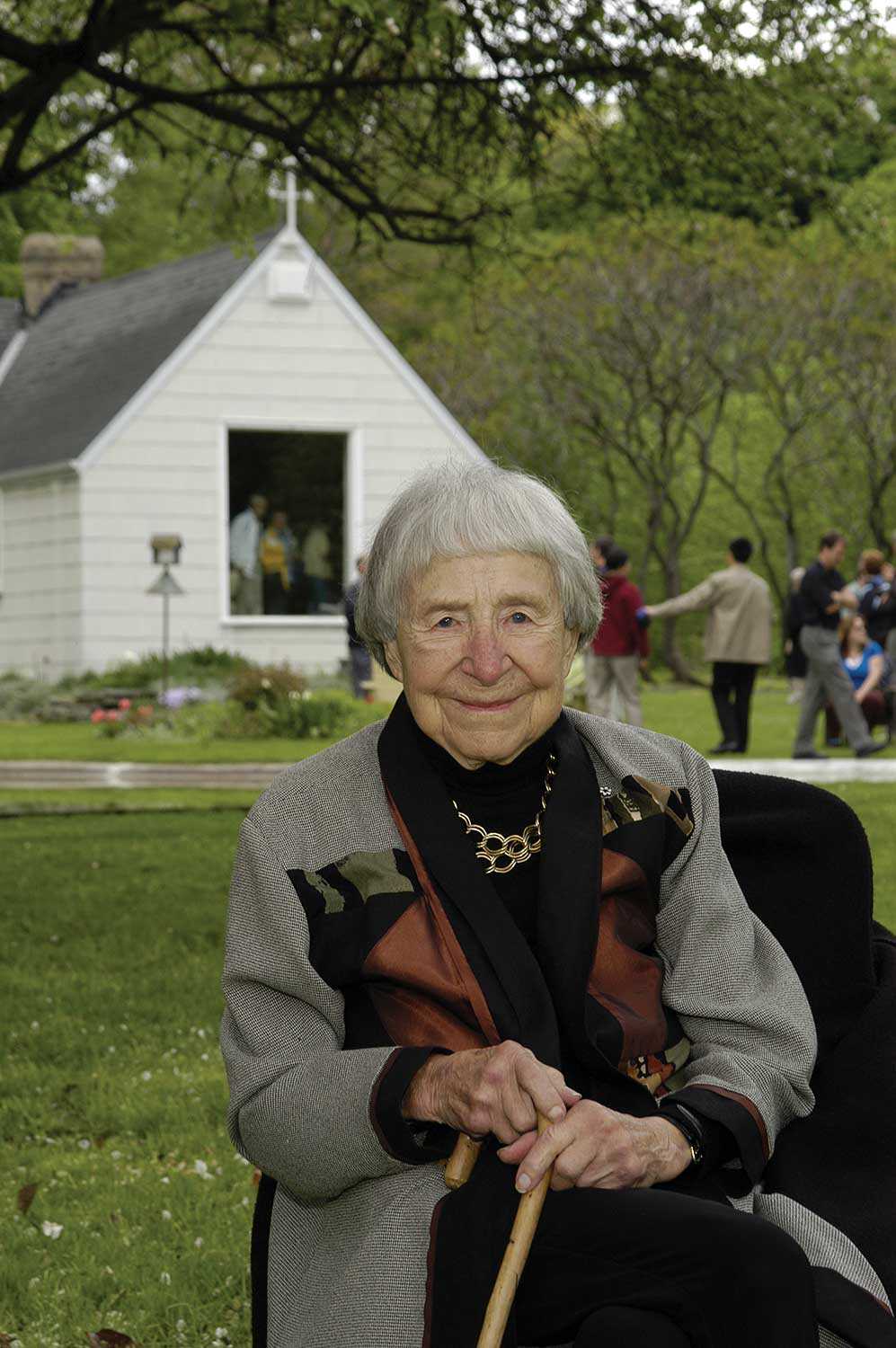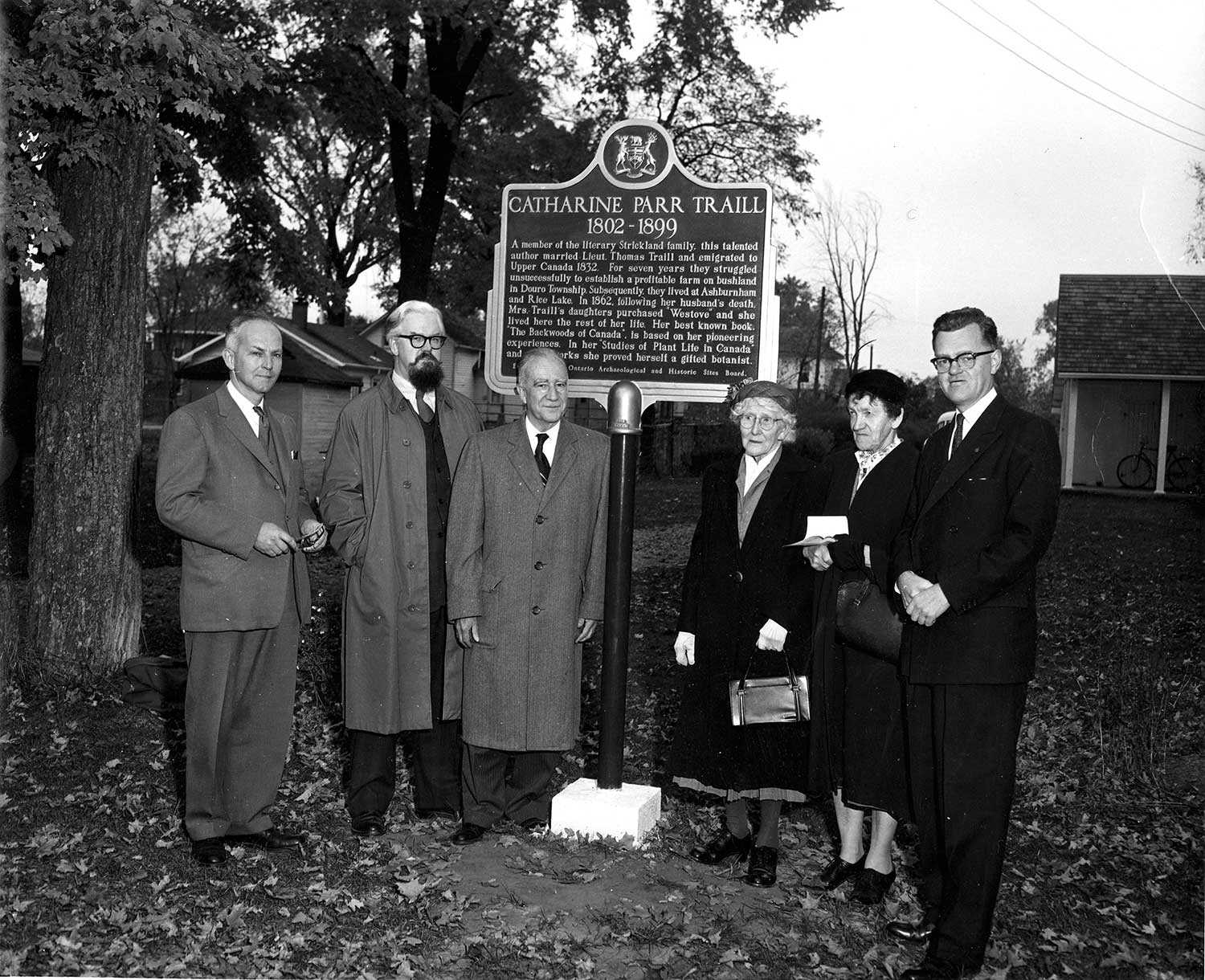

Browse by category
- Adaptive reuse
- Archaeology
- Arts and creativity
- Black heritage
- Buildings and architecture
- Communication
- Community
- Cultural landscapes
- Cultural objects
- Design
- Economics of heritage
- Environment
- Expanding the narrative
- Food
- Francophone heritage
- Indigenous heritage
- Intangible heritage
- Medical heritage
- Military heritage
- MyOntario
- Natural heritage
- Sport heritage
- Tools for conservation
- Women's heritage
A Canadian Muslim woman reflects on 30 years in Canada
I am a Pakistani by birth, a Canadian by choice and Islam is my spiritual path. My family and I migrated to Canada 30 years ago and it’s been a journey of many firsts.
I come from a largely patriarchal culture where women were supposed to be seen and not heard. However, being a rebel against the status quo and an activist from a young age, I wanted equal rights not just for myself but for all women – which means speaking out against injustice.
Coming to Canada from a country where leadership of women is not the norm (although we did have a female prime minister), it was like a breath of fresh air to experience freedoms and individual thought. Canada gave me an opportunity to express myself and work as an activist for many human rights causes. I was able to start speaking and writing about my experiences and building bridges of understanding between East and West.
I discovered that although western women think they have all the freedoms they yearn for, there is still a glass ceiling and they also face challenges. I found role models in Canadian heroes like Thérèse Casgrain, Mary Ann Shadd and Constance Hamilton – and was awarded the Constance Hamilton award as the first Muslim woman in Canada to lead mixed-gender prayers. This move was to break the misogyny that exists in our culture and to prove that women can have equal rights both in places of worship and the public sphere.
My work led me to become a columnist for the Toronto Star, where I explored lives of South Asians and how life in Canada impacts them. It was also an opportunity to work on inter-faith dialogue with people of all faiths – especially since Islam and Muslims were not on the radar of North Americans before 9/11.
For many South Asians, culture and faith are intertwined in their everyday lives. This became an area of great interest to me. It was also an education welcomed by Canadians who seemed to look upon all South Asians as one block. Being able to speak of the diversity that exists within our communities was both challenging and rewarding. I started speaking at places of worship, educational institutions and the public sector and found that there was immense interest in knowing more about my heritage, especially as it related to women and their rights.
My work led me to be accredited with the United Nations Human Rights Council. I attend sessions in Geneva thrice a year. Today, I continue for women’s rights globally and also spend time educating North Americans about the dangers of radicalization. My mandate is the three Es: expose the problem, educate the masses and empower people for change.
I feel blessed to live in a country that gives me the freedom to speak about issues close to my heart. As we live in troubled times, I formed an organization through which I explore women’s rights to give “voice to the voiceless.” I continue to work toward inter-faith harmony so that Canada can be a bastion of peace.

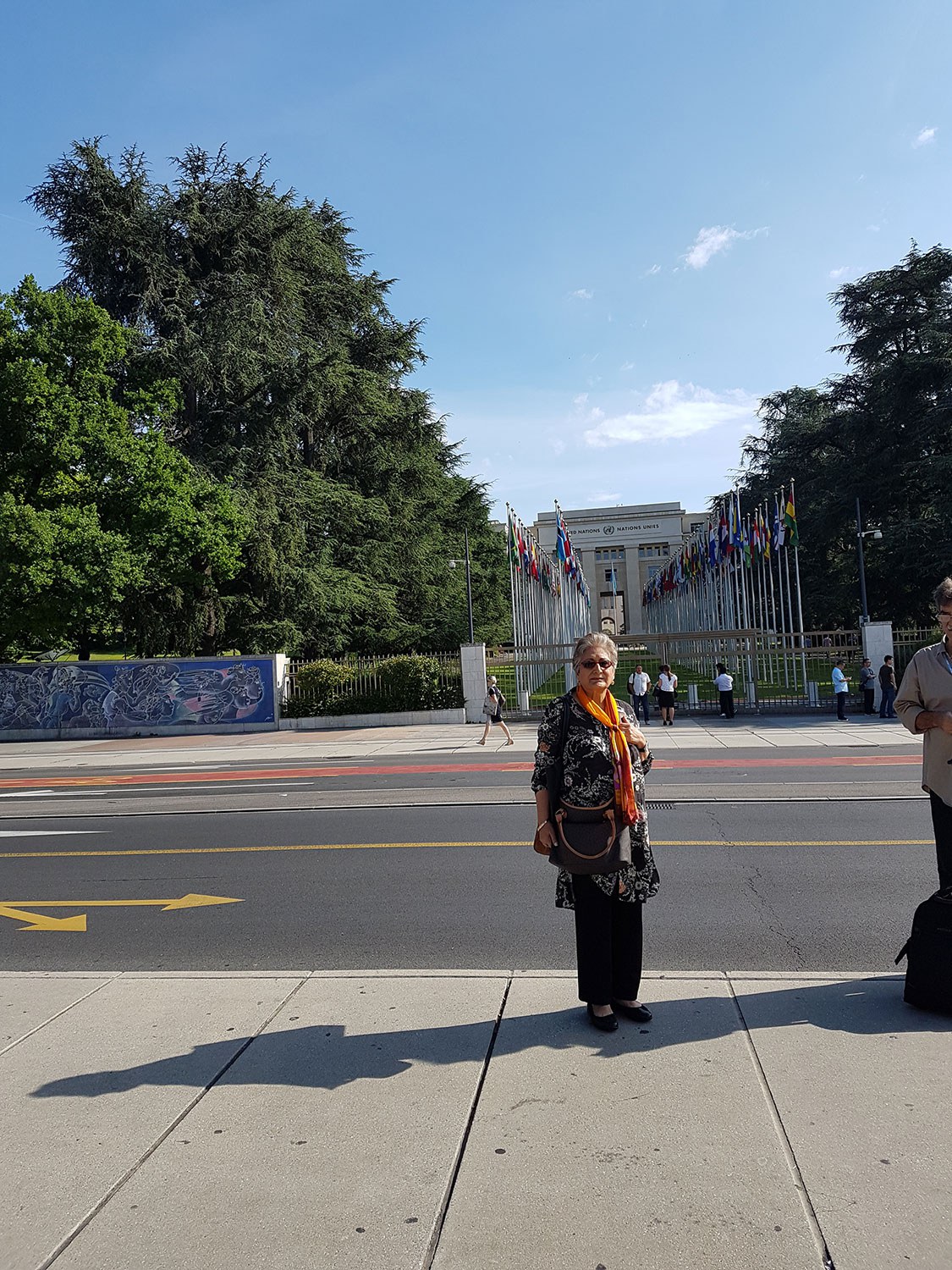
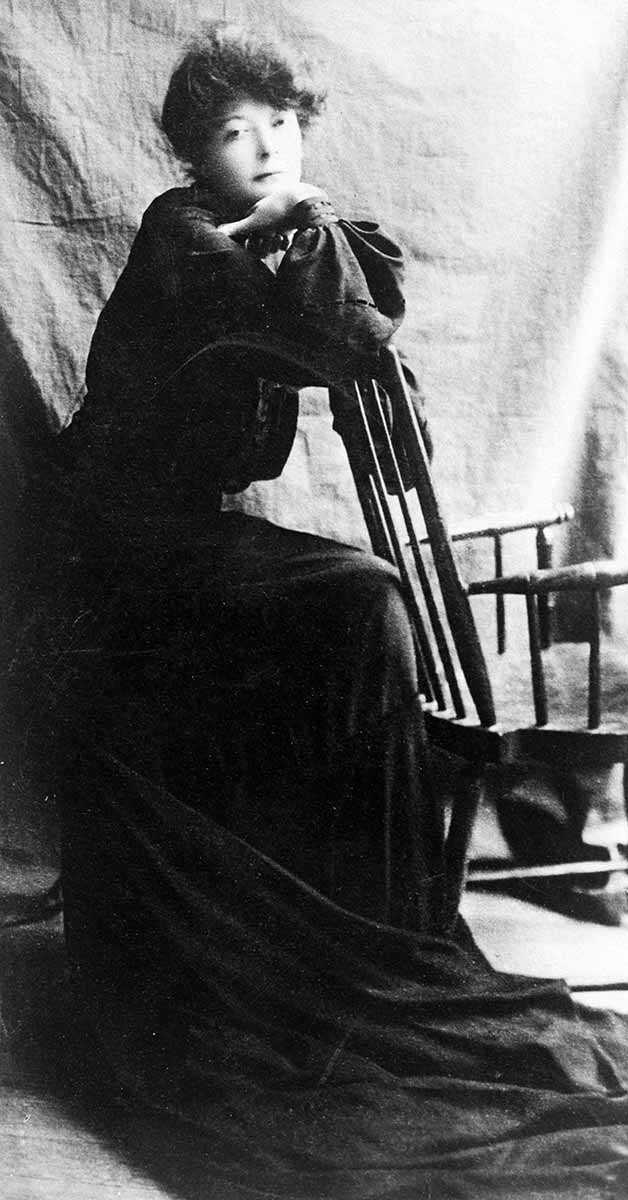
![“Mayor Oliver: Wonder who told them we didn’t encourage the suffragette movement in Toronto?”, [photograph], ca. 1910, Newton McConnell fonds, C 301-0-0-0-996, Archives of Ontario.](https://www.heritage-matters.ca/uploads/Articles/Archives-of-Ontario-cartoon-I0007312-web.jpg)

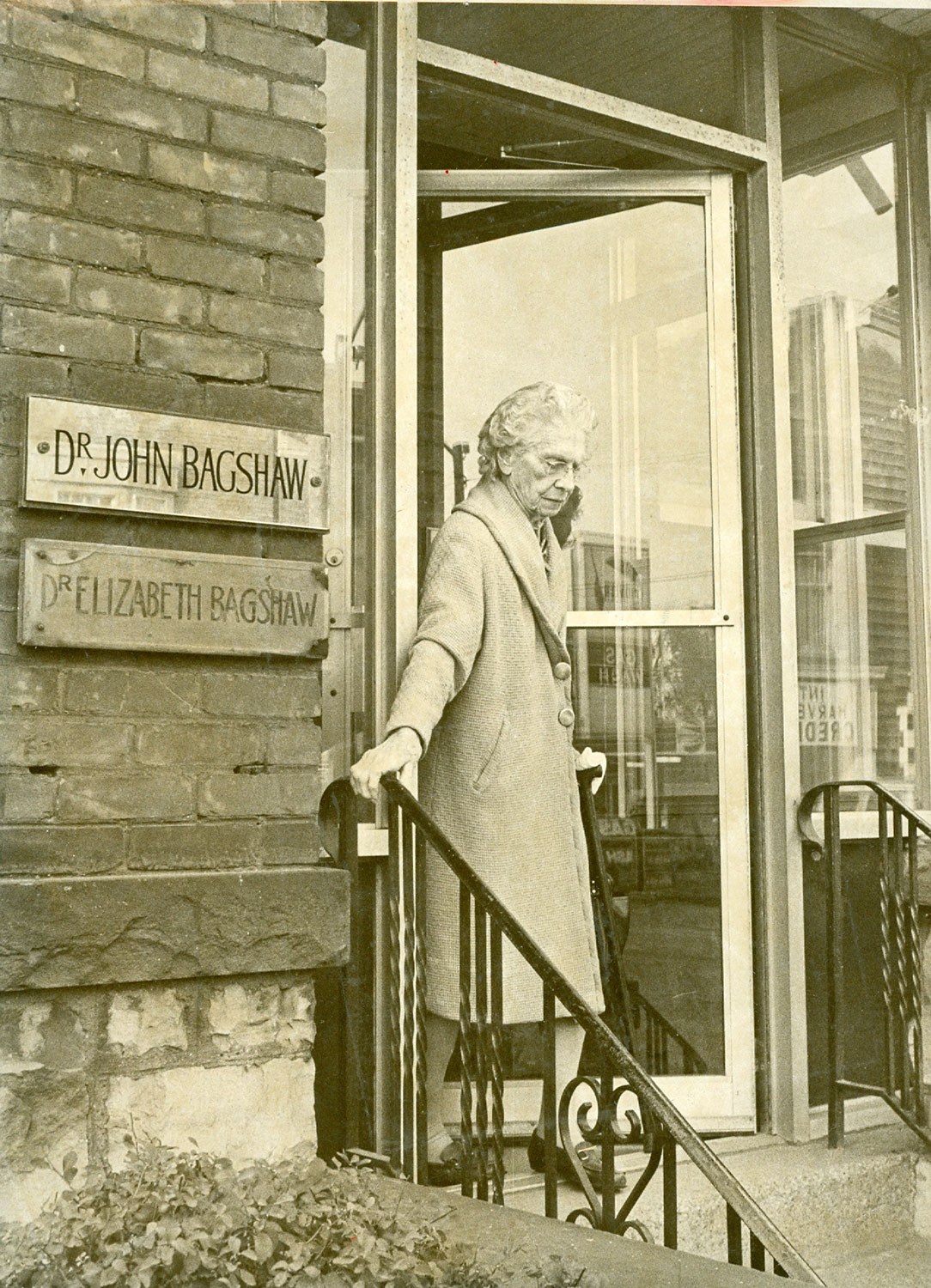
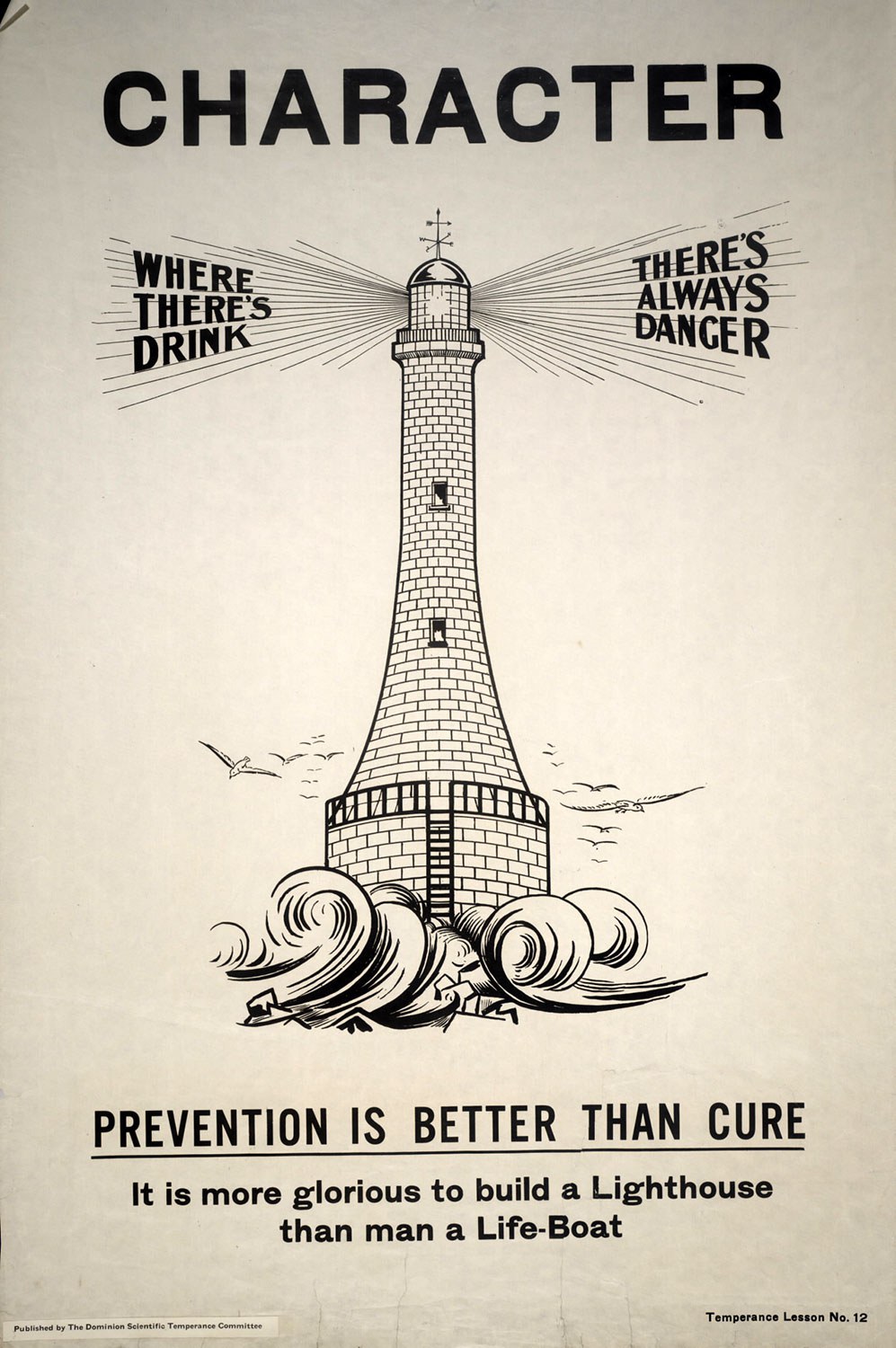
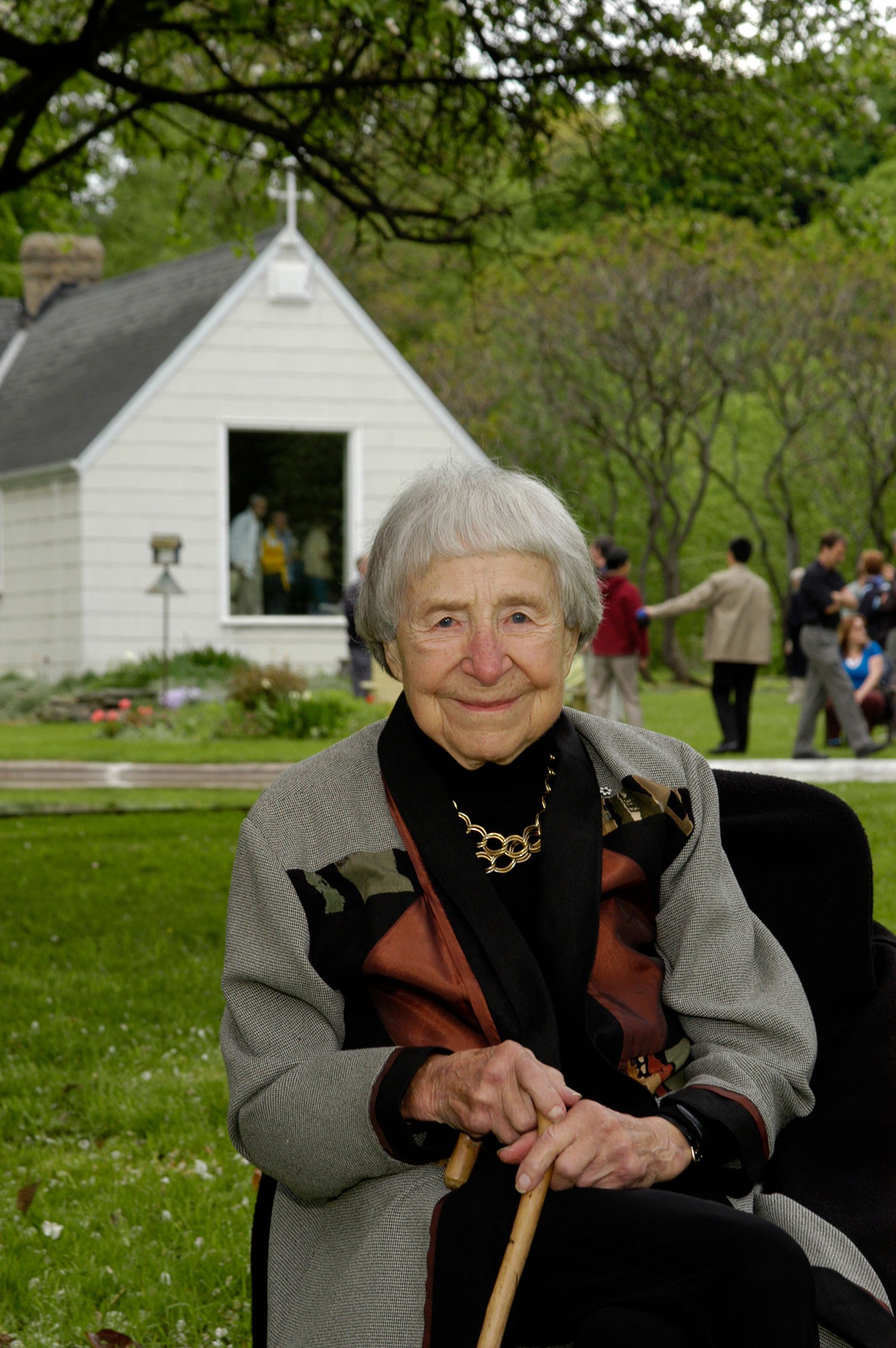
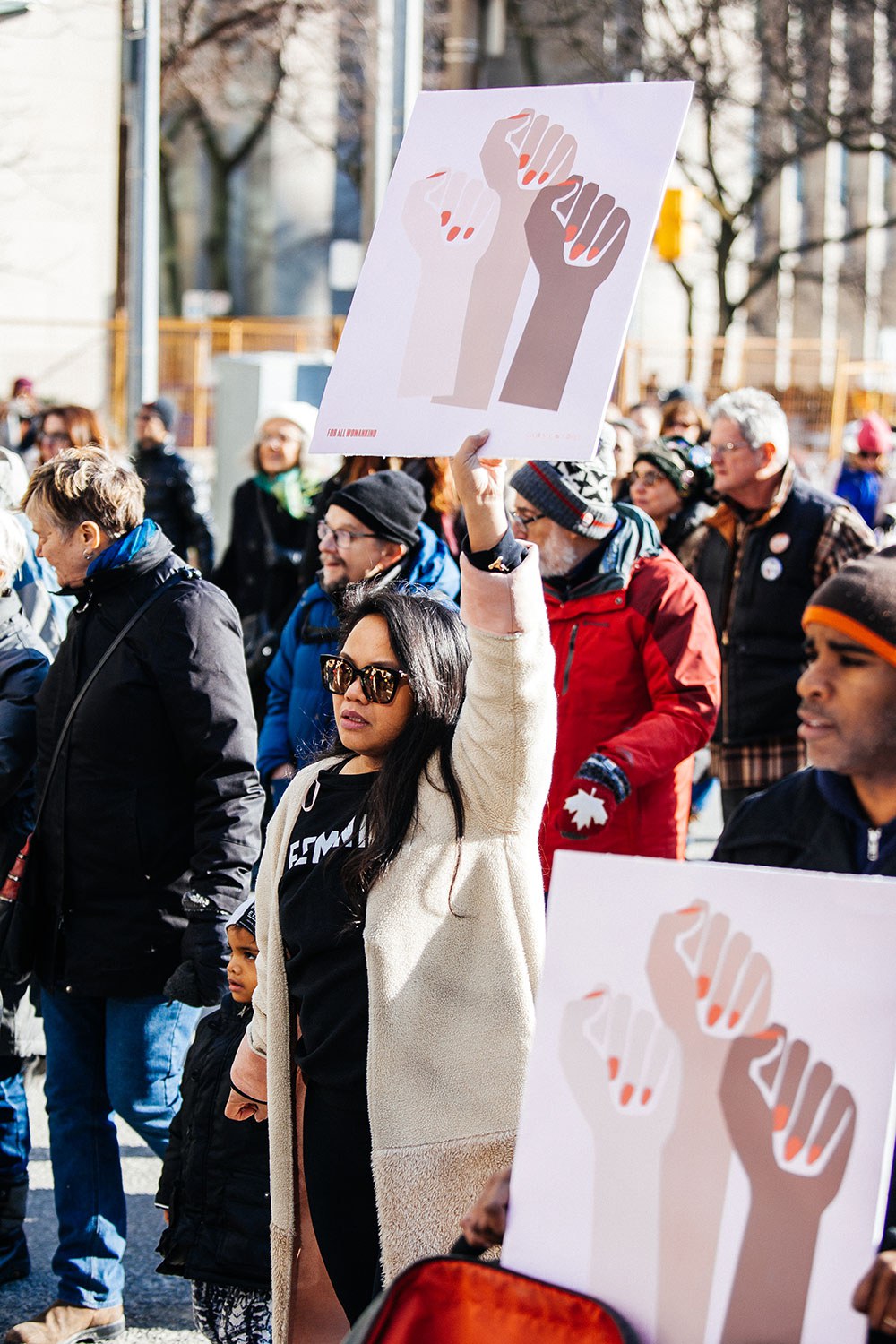
![F 2076-16-3-2/Unidentified woman and her son, [ca. 1900], Alvin D. McCurdy fonds, Archives of Ontario, I0027790.](https://www.heritage-matters.ca/uploads/Articles/27790_boy_and_woman_520-web.jpg)
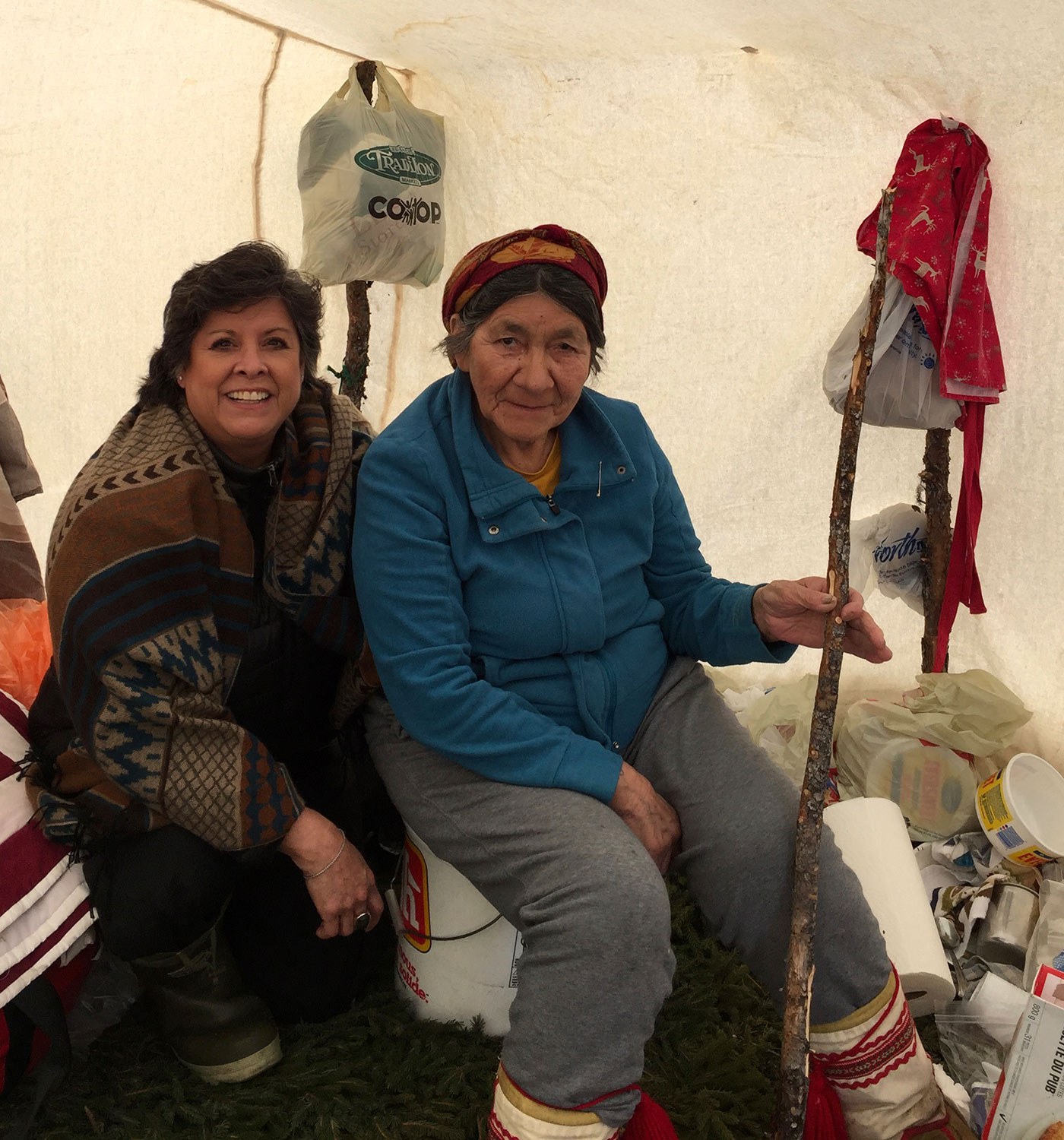
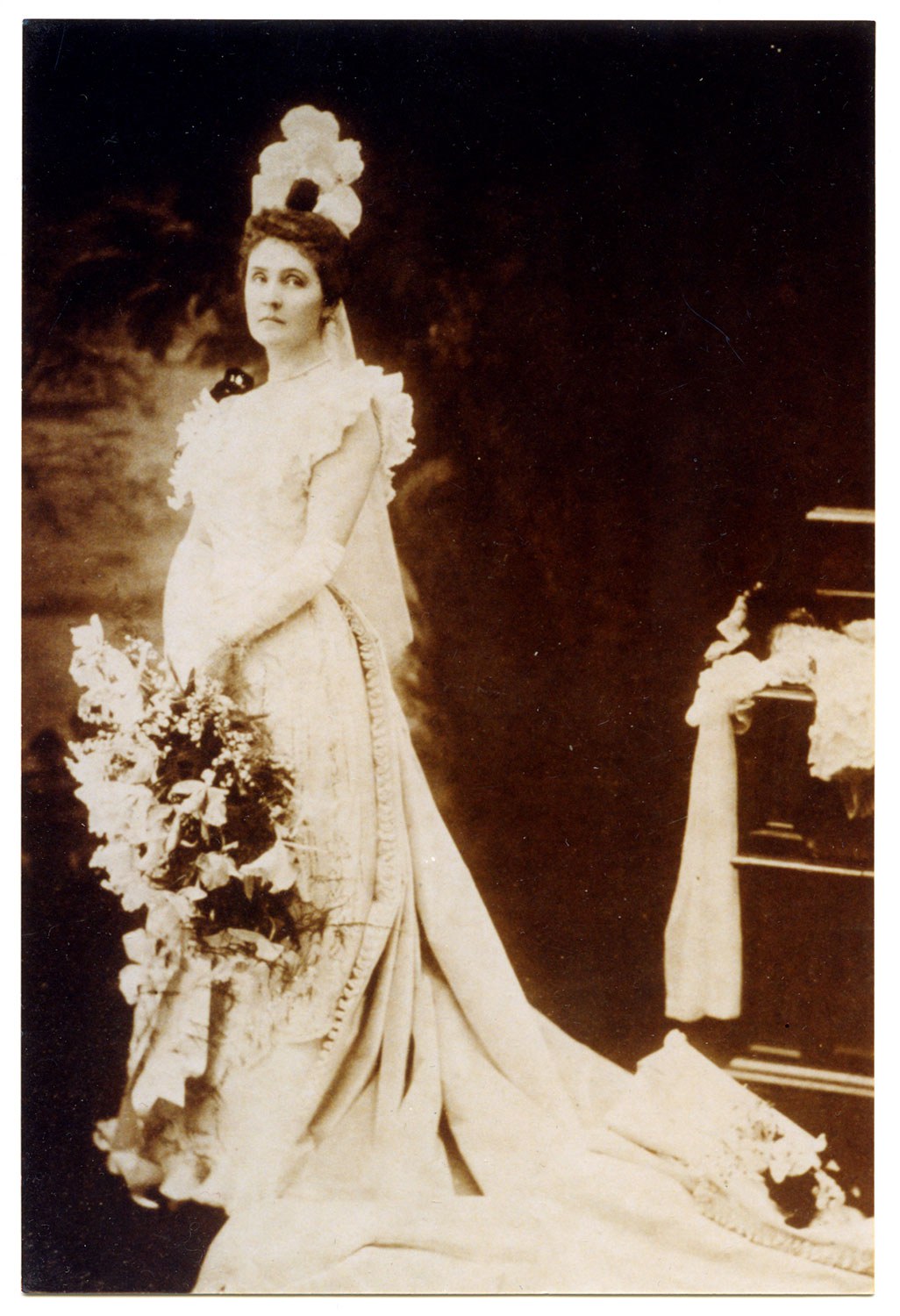
![Wyland, Francie. 1976. Motherhood, Lesbianism, Child Custody: The Case for Wages for Housework. Toronto: Wages Due Lesbians. Cover woodcut by Anne Quigley. CLGA collection, in monographs, folder M 1985-054].](https://www.heritage-matters.ca/uploads/Articles/Wages-Due-Lesbians_Wyland-pamphlet-image-web.jpg)
